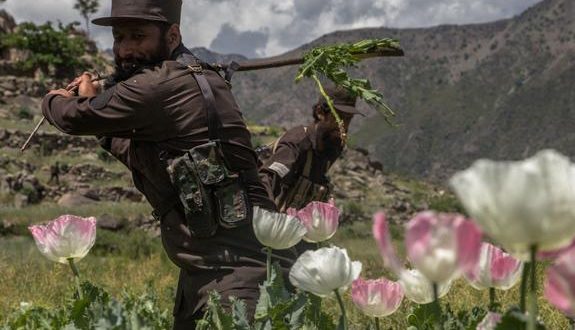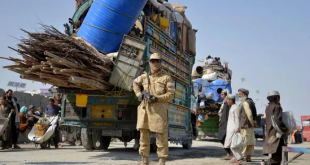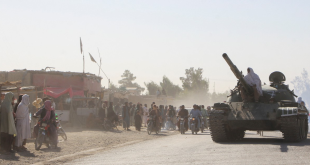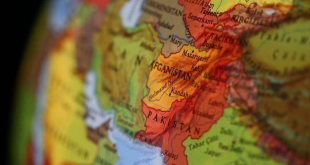AT News
KABUL – In a recent report by the United Nations, it has been revealed that poppy cultivation and opium production in Afghanistan have seen a dramatic decline of 95% since the Taliban imposed a ban on the crop in April 2022. The ban has led to a significant reduction in poppy cultivation, with the land dedicated to this crop decreasing from 233,000 hectares to just 10,800 hectares. Opium production has similarly plummeted from 6,200 tons to a mere 333 tons.
This sharp contraction in the opium economy has not come without consequences, particularly for the rural communities that relied on poppy farming for their livelihoods. As a result of the ban, many farmers have been forced to turn to less profitable alternative crops, which has had a significant impact on their incomes. The loss of revenue is also expected to exacerbate Afghanistan’s already struggling economy.
The report estimates that this year’s harvest will amount to only 24-38 tons of exportable heroin, a stark contrast to the 350-580 tons produced the previous year. The UN Office on Drugs and Crime (UNODC) has expressed concerns about the “humanitarian consequences for many vulnerable rural communities” as they grapple with the sudden contraction of Afghanistan’s opium economy.
Farmers’ incomes, which were estimated at $1.36 billion in 2022, have seen a staggering 92% decline to a mere $110 million this year, according to the UNODC. This loss is expected to have far-reaching effects on the country’s economy, as poppy cultivation accounted for a significant portion of Afghanistan’s agricultural production value.
The UNODC Executive Director, Ghada Waly, emphasized the urgency of humanitarian assistance for the Afghan people, stating, “Today, Afghanistan’s people need urgent humanitarian assistance… to absorb the shock of lost income and save lives.” She also noted the challenges faced by farmers who must turn to alternative crops, citing the need for more water in a country experiencing three years of consecutive drought.
While the Afghan interior ministry’s narcotics department partially agrees with the UNODC’s assessment of the area under poppy cultivation, it has dismissed certain elements of the report, including those related to opium production and socio-economic data. The ministry argues that these aspects of the report rely on satellite images and previous years’ data rather than field-based surveys.
 Afghanistan Times Latest News and Analysis from Afghanistan and the Region
Afghanistan Times Latest News and Analysis from Afghanistan and the Region




